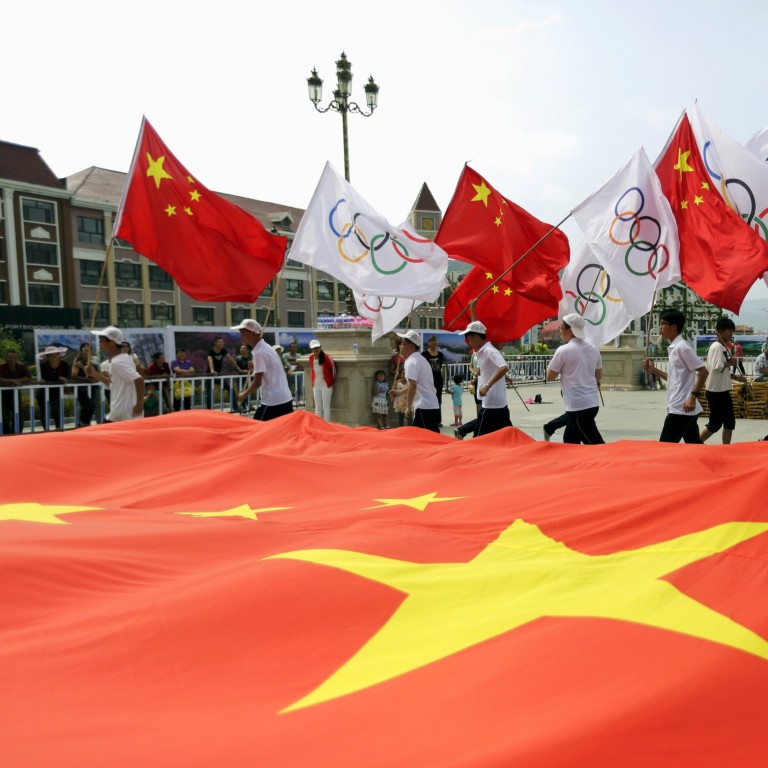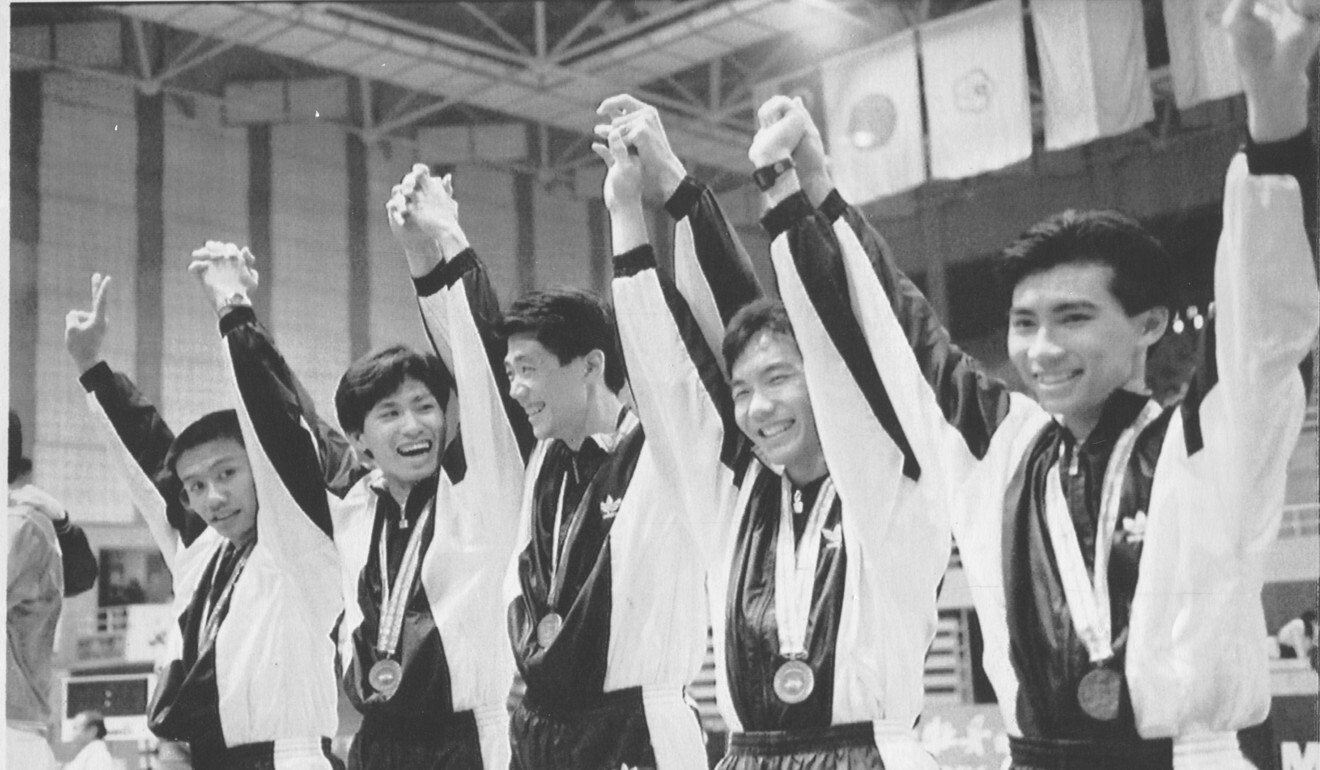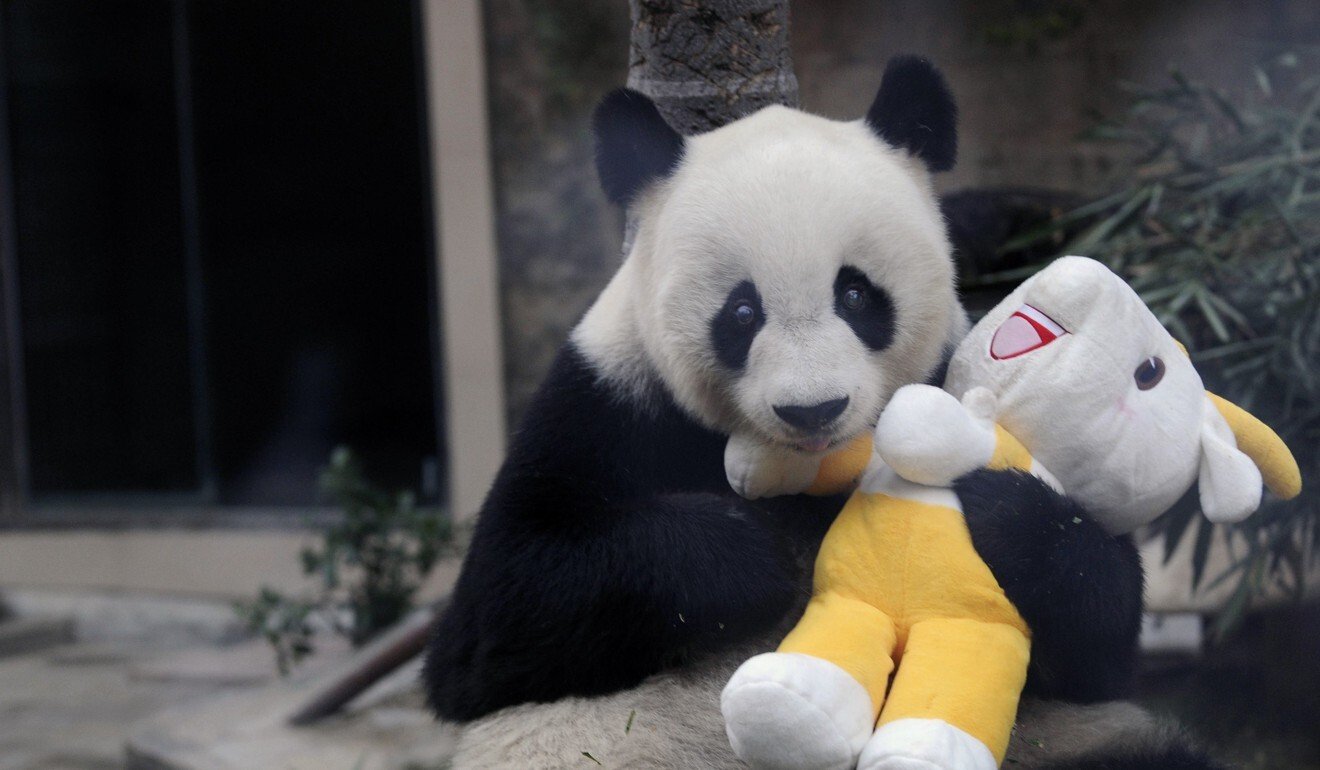
China hosting 1990 Asian Games lit way for Beijing 2008 Olympics
- Country will host next Asian Games in Hangzhou, the same year as the Beijing 2022 Winter Olympics
- Dominance of the medal table began in Beijing 30 years ago, but lead-up beset with building delays, boycotts and budget issues
Beijing 2008 was not the first time the eyes of the sporting world were on China. Some 18 years before the country’s coming out party at its first Olympics, it came of age with the 1990 Asian Games in the capital.
This was the first major international sporting event held in China since Deng Xiaopeng’s introduction of Reform & Opening Up in 1979.
“Peking may bid,” ran a South China Morning Post headline on October 2, 1982. “China is actively considering hosting the 1990 Asian Games,” the story read.
The bid would indeed come the following year, but as the Post explained it was not going to be easy: the decision would be taken in Seoul – host city of the 1986 Asian Games – and China had no diplomatic ties with South Korea.

China’s presence was not guaranteed at those 1986 Asian Games as Communist nations and their allies pulled out. In the end, while North Korea, Mongolia, Vietnam, Laos, Cambodia, Afghanistan, South Yemen, Burma, Syria and Brunei did not attend, China did.
They would also attend the Seoul Olympics in 1988, where all the boycotters but North Korea would join them.
Beijing 2008 cemented China as sporting powerhouse
Winning the bid was only the beginning of China’s problems as hosts.
“Officials originally hoped the Games sites would be finished in late 1989, but later revised their estimated completion date to April, then to July, and now to September,” the Post reported on July 25, 1990.
That was weeks before the opening ceremony on September 22 and by this point, the 16 new venues – built at a cost of 2.5 billion yuan – would have to be finished. That budget was supplemented by “donations”.

“The government has deducted ‘donations’ from individuals’ pay cheques and demanded quota donations from large numbers of work units,” the Post reported on September 11.
Some did donate willingly. Hong Kong tycoon Henry Fok Ying-tung gave generously and the National Olympic Sports Centre Ying Tung Natatorium still bears his name.
On top of all of this was the fallout of Iraq’s invasion of Kuwait on August 2, which had seen the death of Olympic Council of Asia president Fahad al-Ahmad al-Sabah, a member of the Kuwaiti royal family. He was killed by invading forces.
A decade on from Beijing 2008, is the Olympic legacy as bad as everyone says?
“The move to bar Iraq dashed the hopes of host China for a games free of political disputes,” was how United Press International put it at the time, but the Games went off without incident.
Two weeks after they were opened by President of China Yang Shangkun on September 22, the Games were brought to a close by the acting head of the Olympic Council of Asia, Roy de Silva, on October 7.
It was the largest Asian Games with a first appearance for Macau and a return of the Taiwan team. Of the OCA members, only Iraq and Jordan did not compete, while history was made as Iranian women competed for the first time.
How China came to host the 1990 Asian Games
China’s 25-year-old swimmer Shen Jianqiang became a national hero with five golds, although the face of the Games was arguably Panpan the panda, the official mascot.
Basi, the giant panda who was the model for Panpan, lived until 2017 and the Asian Games was front and centre of obituaries.
The motto of the 1990 Asian Games was “Unity, Friendship, Progress” and there is little doubt that China lived up to the latter as the event kick-started China’s move to the centre of international sport.

China would bid, unsuccessfully, for the 2000 Olympic Games in 1993, with the Asian Games hosting at the forefront of their proposals.
As the Post reported in 1993: “Beijing’s Year 2000 hopes rested squarely on the overall success of the 37-nation 1990 Asian Games.”
They would have to wait until winning the rights to host the 2008 Olympics to be successful but the rest, as they say, is history.
There would be several parallels with the Asian Games at Beijing 2008, from refurbishing some of the event venues built for 1990 to hosting the sailing in Qinhuangdao, while the torch relay would take in China’s farthest points on its way to Beijing.
If the desire to host such a large-scale event as the Asian Games was an augur for what would come on the global scale, then China’s dominance of the medal table signalled their sporting intent.
China technically first topped the medal table in 1982 and again in 1986 but their own Games was more emphatic.
China set to meet the challenge of 2000 Olympics
In 1982, China and Japan were level on overall medals (153 each), but they topped the table on gold medals won (61-57).
Then in 1986, China won fewer medals than hosts South Korea (222-224), but again topped the gold tally (94-93).
There would be no such technicalities in 1990. China dominated on home soil, winning 183 golds to South Korea’s 54 and 381 total medals to 181.
China famously topped the Olympics gold medal table for the first time at Beijing 2008, and it has topped every Asian Games medal table since 1990. They will expect to do so at the next event in Hangzhou in 2022, when China will host the Games for a third time.
That’s the same year as the Beijing 2022 Winter Olympics, another sign of how far China has come in the sporting arena since 1990.

